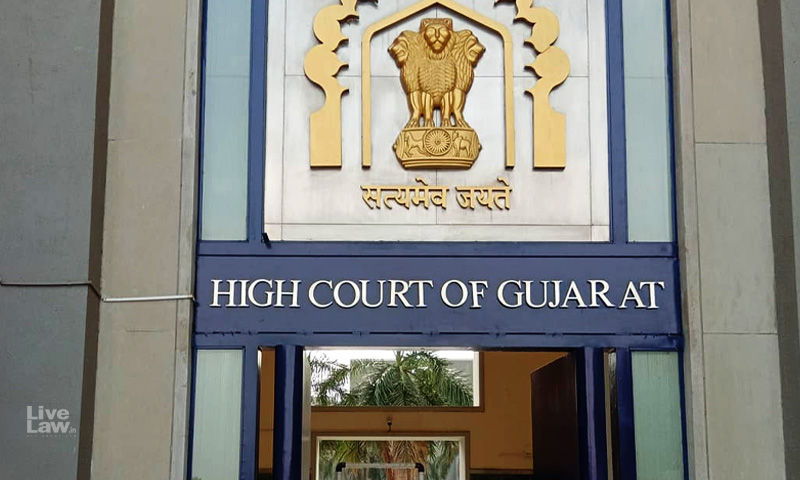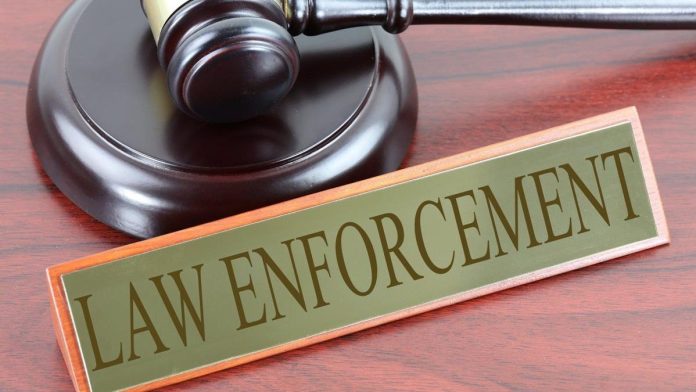- As you are aware, several law enforcement agencies viz. the police, the Central Bureau of Investigation, the Enforcement Directorate, the Income Tax Department, and other such agencies work under the purview of the government in power. It is the Union and the State governments. The jurisdiction of these law enforcement agencies is defined unambiguously. However, what also must be noted here is that the governments come and go but the bureaucrats and the officials will remain till their stipulated tenure and retirement. Thus, public servants are duty-bound to serve the interests of the people in a democratic country like India to the best of their abilities. Unfortunately, what happens on the ground is entirely contradictory as experience suggests.

PC: Gulf Coast State College
- The nexus between politicians and bureaucrats is so deeply entrenched that most often law enforcement agencies will have to do the bidding of the political masters in power. Otherwise, the superiority enjoyed by the executive will subdue the bureaucracy and the police since any insubordination will be detrimental to their future career growth. Thankfully, the higher judiciary in the country is keeping a close watch and steps in whenever the Constitutional propriety is in question. The same cannot be said about the lower judiciary though. Since the police and judicial activism witnessed sometimes goes against the tenet of the Indian Constitution. Police are ever ready to target creative people. Surely, as SC observed recently, high courts should know better.

PC: LiveLaw
- As reported in newspapers reently, the SC played literature teacher tasking Gujarat police and high court to apply their mind. What was the provocation? SC was hearing Congress MP Imran Pratapgarhi’s appeal against Gujarat HC decision to uphold a case against his posting an innocuous poem. Yes, you read it right. BNS provision under which he’s accused runs longer than the post-section 196 (promoting enmity between groups on the ground of religion etc.), 197 (prejudicial to national integration), 229 & 302 (outrage religious feelings etc), 57 (abetting commission of offence by public etc). Pratapgarhi told SC the poem is attributed to Faiz or Habib. SC was pained enough to say HC had not appreciated the meaning of the poem. Period.
PC: ILSA e-DERGİ
- The SC also went on to explain that the poem indirectly says even if somebody indulges in violence, we will not indulge in violence. Mind you, police have a penchant for cracking down on creative people – satirists and cartoonists, artists, poets, writers, avant-garde theatre and films, the long list keeps growing. Many have faced authorities’ ire, and police excesses. Not to speak of the excessive oral policing of creative property that publishers and OTT platforms often must cope with. The weakened application of mind that SC has often agonized over. Again, in the instant case, it is the latter at work. The judges should interpret the case judiciously. Why place common people at the mercy of administrative machinery when the authorities could be humane in their approach by upholding the virtues of jurisprudence? Hopefully, better sense will prevail!






